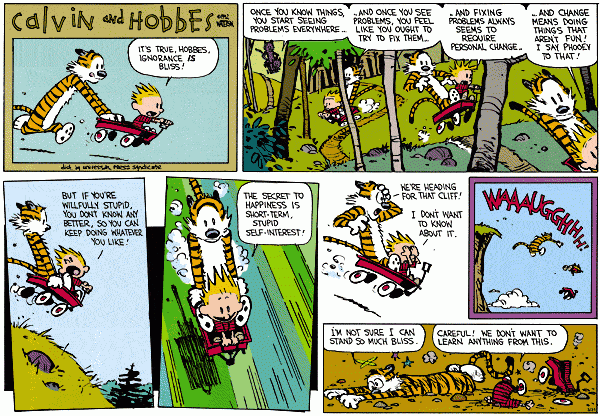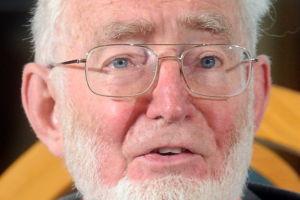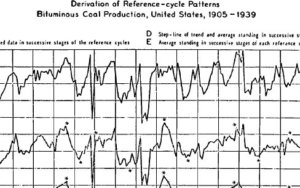A distinctive feature of this project is that I know nothing about the content of the field. I’ve never taken a class on the subject, and no intellectual fortune got me involved with the literature or in a “let’s-get-straight-to-the-essence” conversation with a practitioner. Of course, I can hardly claim my mind is a complete tabula rasa. My -partial and unfinished- socialization as an economist, a decade ago, and my previous interest in the period under consideration endowed me with some expectations on the kind of models these economists used (applying the standard theory of consumer choice, treating this new object as a commodity, Cobb Douglas technology), their techniques (maximization under constraint), the problems they faced (dude, this result is meaningless when elasticity is constant). But I have no idea of the questions they were initially interested in, of the form of a possible unifying theoretical framework, of the kind of empirical work they performed, of their relationships with boundary disciplines (especially important in my case). And of the state and scope of the field today.
The immediate temptation then, was to download Palgrave entries, JEL surveys and handbook introductions, and to roam courses webpages to identify the most representative textbooks, some I would immediately order from my favorite online bookstore and swallow up.
Upon clicking on the “submitt order” button, yet, I paused. Why was I so readily assuming that my ignorance was a flaw to be immediately corrected? I had already made that same move one month ago. Looking for a picture of welfare economics in the forties, I had read several (excellent) articles written by today’s practitioners in which historical patterns were embedded in methodological considerations on the state of the field (death or resurrection), criteria to assess its progress and new challenges. I subsequently approached the controversies raging in the forties between old and new welfare economists, Bristish and American, ordinalists and cardinalists, value-freedom and value-ladeness advocates, with a contemporary mindset in which Pareto optimality is clearly defined, the two theorems of welfare economics (Arrow Debreu version) is the cornerstone of Ec101, and the old “new welfare economics” is interpreted as an attempt to assess the desirability of alternative economic states of affairs without resorting to ethical judgment and to eschew the tricky issue of the distribution of income by centering on pareto optimality as the relevant criterion and indifference curve as the appropriate tool. It took me days to realize that it just wasn’t there. I was visiting 1947 Cambridge with a 2012 map of the campus. In the articles I was reading, notions of “optimality,” “efficiency,” “welfare,” “individualism,” and Pareto’s writings were discussed with various purposes, representations and calculus methods. None of these notions were yet stabilized.
In the end, I ordered two books. One of the first “readers” of the field, dated 1967, and, with sheer bliss, the first edition of one of the most popular textbook (now in its fifth edition), dated 1972, for 0,83 euros (the bliss being in the price, as will know those who have once tried to lay their hand on a first edition of the Foundations). Still, I’m not sure to what extent trying to start from (almost) scratch is illusory. I need a sense of whom and what to look at, and what will give me this sense of direction if not the sketchy lineage laid out in the first paragraphs of contemporary survey articles and textbook introductions? I find it difficult not to begin with how economists view such and such field, but at the same time, I can’t help feel that if my research methods were “pure,” I would skip this harmful preliminary stage in which I fill my mind with some preconceptions that I already know I will later have to deconstruct painfully.







